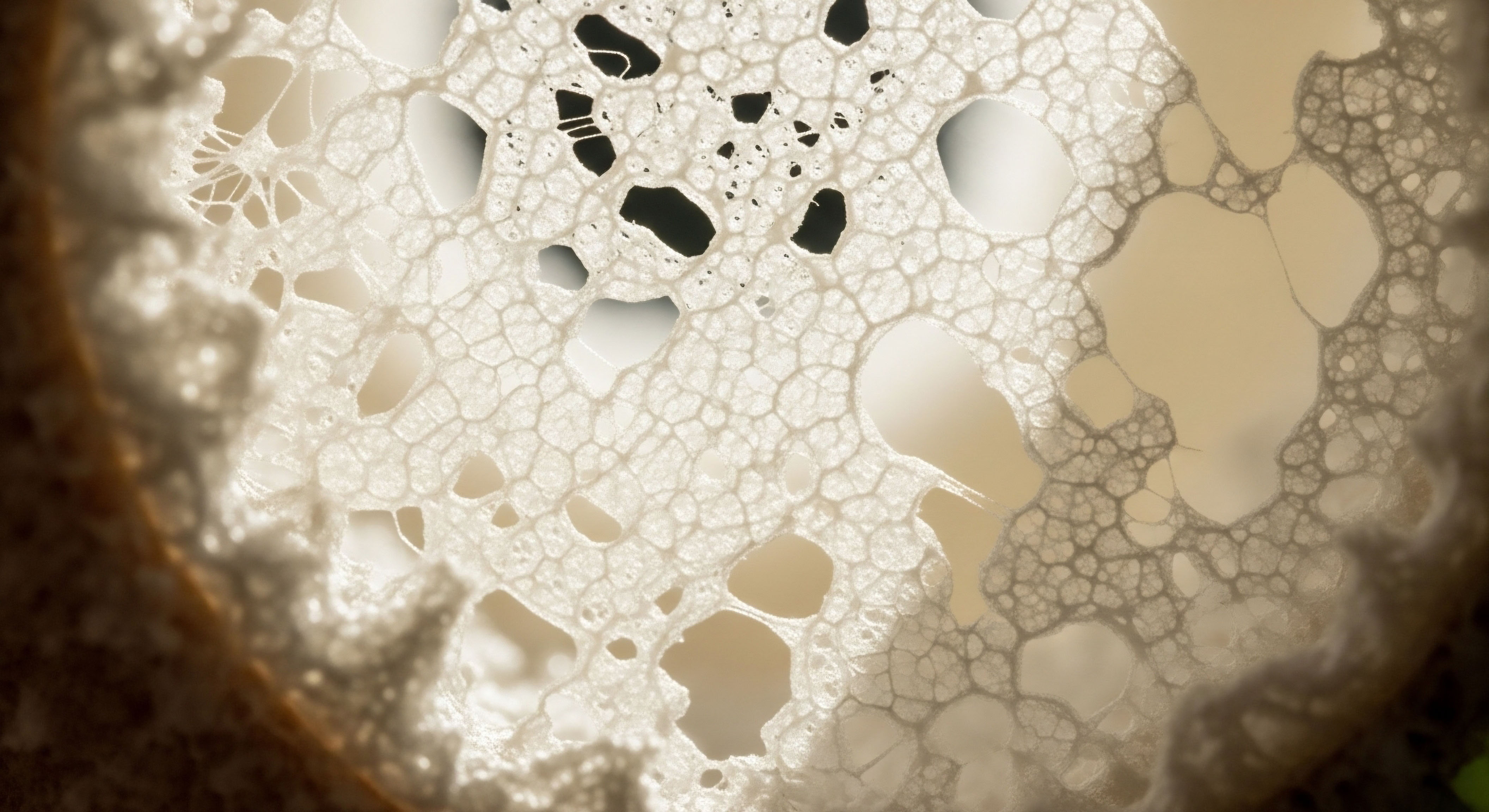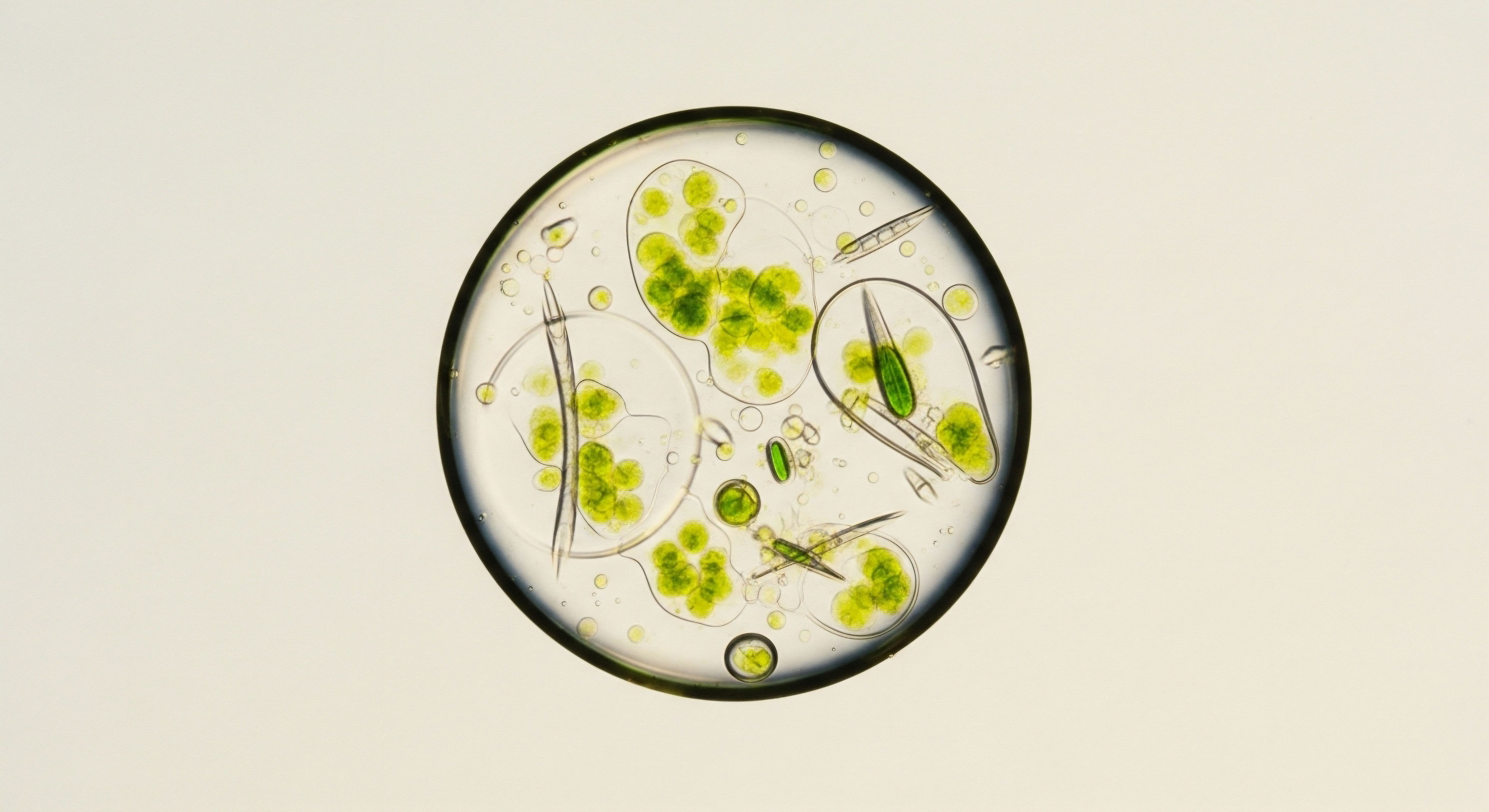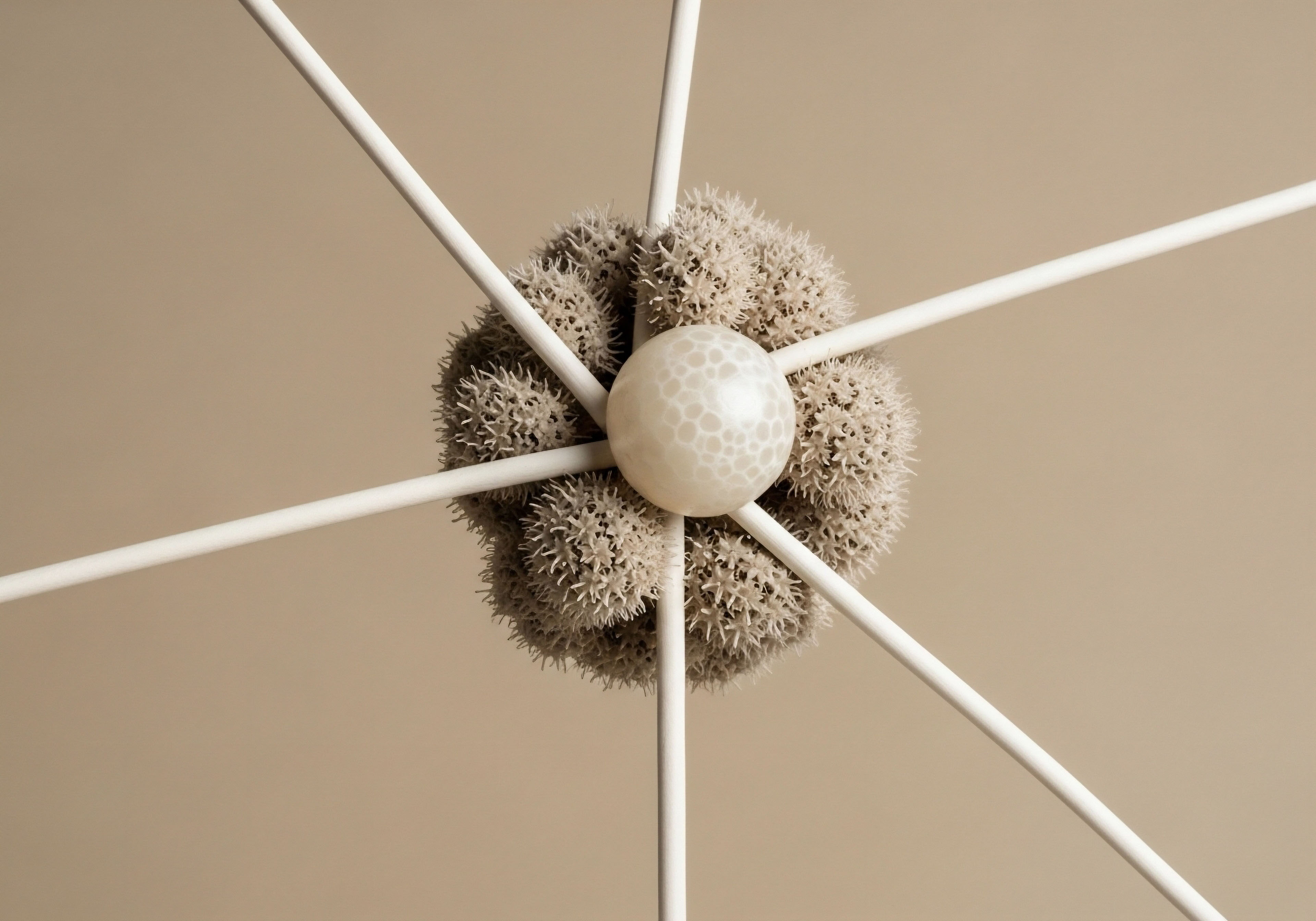What Specific Brain Regions Mediate Hormonal Influence on Female Sexual Motivation?

Hormonal influence on female sexual motivation is mediated by a network of brain regions, translating biochemical signals into desire.
HRTioAugust 3, 2025







